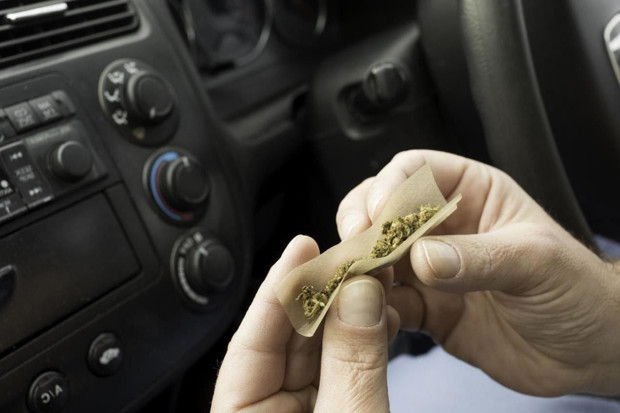One in 10 motorists admit driving after taking illegal drugs

Millions of motorists in the UK may have driven under the influence of illegal drugs, according to a survey by road safety charity IAM RoadSmart.
Of 2028 respondents, 10% admitted to driving within 24 hours of consuming illegal drugs, equating to up to 3.5 million people. Cannabis was the most commonly used drug, followed by cocaine and ecstasy.
The poll also found that 14% of respondents said that they would not attempt to stop a friend or family member from driving after consuming drugs.
A majority of 58% of respondents said that drug-driving was a bigger issue than three years ago. The survey was conducted as part of IAM RoadSmart’s annual Safety Culture Report.
The study follows a report by the Department for Transport (DfT) that drug-related collisions and casualties have increased by over 260% in the last decade, with 44% of offences committed by previous offenders.

Neil Greig, Director of Policy and Research at IAM RoadSmart, called on the government to introduce measures including reform of the prescription process, the creation of a dedicated rehabilitation course and resolution of a drug-drive consultation.
The charity Brake also warned that drug-driving was a “growing problem”. Head of campaigns Gary Rae stated that “it’s a disgrace that some people are willing to risk lives by getting behind the wheel after taking illegal drugs”.
The Brake survey found that 20% of respondents admitted to having accepted a lift from a driver whom they believed had taken drugs, while 3% had taken a lift from a driver whom they knew had consumed drugs.
The effects of drug use can last for days and impact a motorist’s alertness, reaction times and judgement. Greig warned that drug-driving was “causing havoc on the nation’s roads” and called for urgent action to be taken by the government to address the issue before more lives were lost.
Why are there are so many uninsured drivers?


